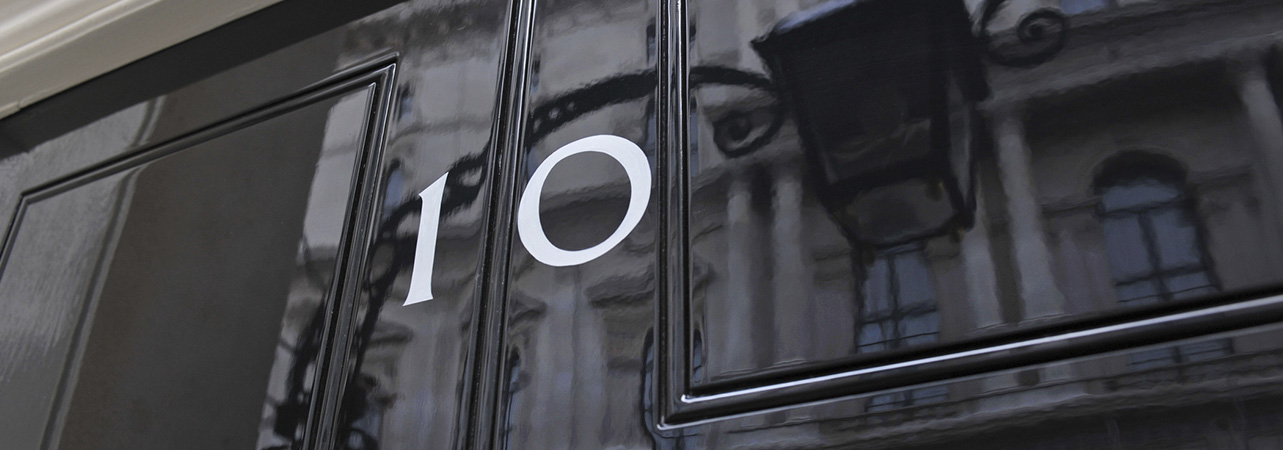Markets celebrated the Conservative victory, but have they been premature?
- UK equities and sterling bounced on the new of a Conservative victory
- The bounce in the utility and banking sectors looks appropriate, given the removal of the far-Left threat
- However, with some tough Brexit negotiations ahead and a reduced timetable, UK assets may still be under pressure.
Something else may have happened this week, but once again it was the UK hogging the limelight. Boris Johnson’s emphatic victory was a ringing endorsement both for the man himself and for his strategy on Brexit. In contrast, Jeremy Corbyn’s hard left agenda was thwarted. Markets were happy and all appeared to be back to the races again.
However, celebrations are perhaps premature. Within a few short days the pound had come under strain again as the Prime Minister showed a determination to push through Brexit trade negotiations on a breakneck schedule. The bounce in UK domestic stocks, UK bonds and, of course, sterling – now up 11% against the Dollar since August – may have been overdone.
It is worth noting that there were two parts to this bounce. The first, and possibly most important, was the removal of the Corbyn risk. It is clear that the UK electorate has no appetite for a hard left agenda. That means an end to the threat of nationalisation and out-of-control UK debt. With that in mind, a recovery in the share prices and fall in bond yields for the utilities and banking sectors looks appropriate.
The bounce in real estate and consumer discretionary companies is on a less sound footing. Certainly, a Conservative victory gives some stability: Rupert Harrison, Chief Macro Strategist at BlackRock, says: “It is a hugely significant election result, setting the scene not just for the next five years of British politics, but possible for the next decade. The size of Conservative majority has huge implications. For the first time since 2010, there is real stability. This parliament should last four to five years and given the Labour party’s number of seats, there seems little prospect of them getting into power at the next election.”
This is welcome. Equally, it seems Johnson may sprinkle the UK economy with some fiscal fairy dust to get the economy moving. Harrison believes he is likely to prioritise investment in infrastructure over tax cuts, to focus on science and industrial policy, to shore up his position in the industrial heartlands.
However, while the Conservative victory gives the executive more power and scope to conduct the negotiations as they wish, it doesn’t appear that they will use this wiggle room to push for an extension. The framework is still a hard Brexit, out of the single market and customs union. ‘No deal’ will remain on the table should the EU not play ball. UK assets still have some hurdles to overcome.




